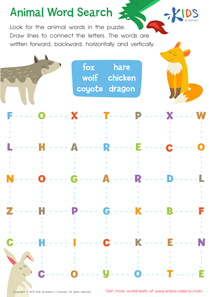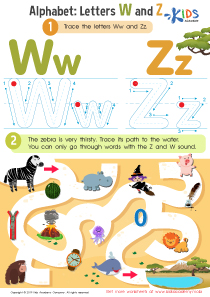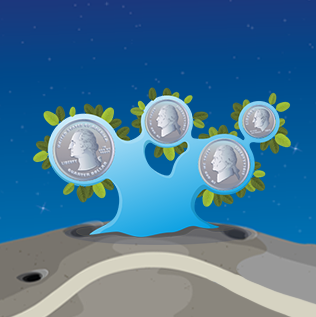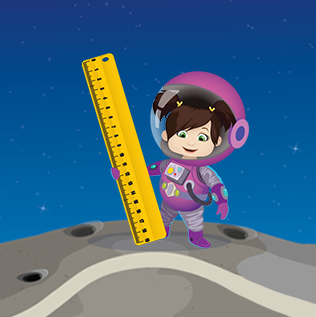Math Lessons | Keeping Track of Information, Grade 1
6 results
Looking for an engaging and practical way to teach your Grade 1 child the fundamental skill of Keeping Track of Information? Our lessons are just what you need! Designed with interactive worksheets, educational videos, and assessment quizzes, our lessons are perfect for children who are new to organizing information. With our program, kids will learn how to sort and categorize information, how to organize data into charts and graphs, and how to use technology to track information. Enroll in our Keeping Track of Information Lessons today and give your child the foundation they need to succeed!
Keeping Track of Information Lessons: A Great Way to Boost Learning for Grade 1 Children
The first grade is perhaps the most important year of a child's academic journey. It's in this year that children begin to develop foundational skills in language arts, math, and science, among others. As a parent or teacher, you can enhance your child's learning experience with Keeping Track of Information lessons. These interactive worksheets and educational videos go a long way in helping kids improve their attention to detail, organization, and memory retention – three vital skills that enable them to succeed in school.
One of the most significant benefits of the Keeping Track of Information lessons is that they encourage active learning. Instead of passively absorbing information, children are encouraged to engage with the material, ask questions, and seek answers. This active learning approach teaches children how to be critical thinkers, how to organize their thoughts to communicate more effectively, and how to absorb and retain information in a more effective way.
The interactive worksheets and assessment quizzes included in these lessons also help children develop self-management skills, such as time management, goal-setting, and accountability. By taking the quizzes, children can track their progress, identify areas where they need to improve, and set goals for themselves. This helps them develop a sense of responsibility and self-discipline that they can apply in their academic and personal lives for years to come.
In addition, the educational videos that accompany these lessons are another valuable tool for helping children develop their memory retention skills. These videos are designed to present information in an engaging and interactive way, using visual aids and sound effects to capture and hold the child's attention. Through repeated viewings, children are able to absorb more information and retain it for longer periods. This can be especially helpful in subjects such as science and social studies, where there is often a lot of information to remember.
Perhaps one of the greatest benefits of the Keeping Track of Information lessons is that they help children develop the skills they need to succeed not only in their academic lives but also in their personal lives. By learning how to manage their time effectively, set goals, and communicate their thoughts in an organized and clear manner, children develop confidence in themselves and their abilities. This confidence can spill over into other areas of their lives, helping them to become resilient, persistent, and self-motivated individuals who are open to new learning opportunities.
In conclusion, Keeping Track of Information lessons are an excellent way of helping children in Grade 1 improve their learning experience.





















